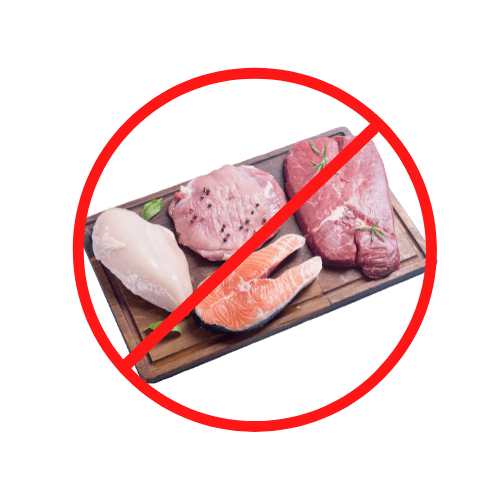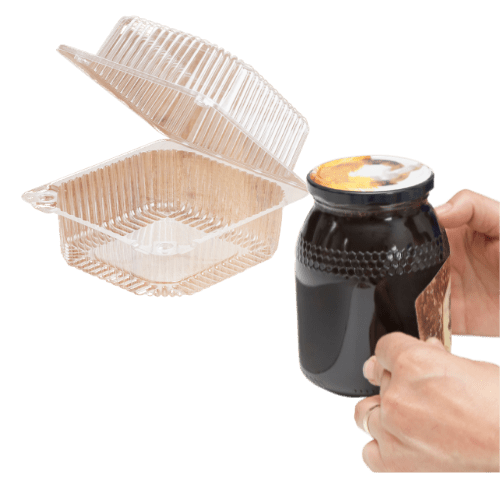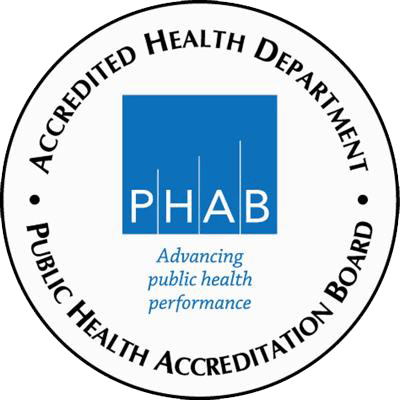This page provides preliminary information on the requirements for registered Home-To-Market Food Operators to follow. Click here to learn how to register as a Home-To-Market Food Operator.
The guidance on this page is preliminary and is subject to change upon issuance of the additional guidance by the Illinois Department of Public Health (IDPH).
The Cottage Food Act does not apply to individuals who produce/package a non-potentially hazardous baked good for sale by a religious, charitable, or nonprofit organization for fundraising purposes.
When available, the full guidance will be found here.
Requirements of Home-To-Market Food Operators
Key points to know:
- All Home-To-Market Operators must be registered with their local health department. Click here to learn more about how to register.
- Some products are prohibited from being sold to the public through this Home-To-Market process including meat, sprouts, and fresh cut melon. Click here to learn more about prohibited items.
- Home-To-Market Food Operators must package and label their product as requied by the Illinois Food, Drug and Cosmetic Act and the Cottage Food Act. Click here to learn more about labeling and packaging products.
- This includes a posted notice in a prominent location at the point of sale that states: “This product was produced in a home kitchen not inspected by a health department that may also process common food allergens.”
- Home-To-Market Food Operators are required to follow all testing and recipe requirements as outlined in the law. Click here to learn more about testing and recipe requirements.
- Products may only be sold directly to consumers for their own consumption and not for resale. Click here to learn more about how products can be sold.
Prohibited Items
Home-To-Market Food Operators are prohibited from selling the following:
- Meat, poultry, fish, seafood, shellfish:
- Dairy, except as an ingredient in a non-potentially hazardous baked good or candy or as an ingredient in a baked good frosting;
- Eggs, except as an ingredient in a non-potentially hazardous food or as an ingredient in a baked good frosting if the eggs are not raw;
- Pumpkin pies, sweet potato pies, cheesecakes, custard pies, crème pies, and pastries with potentially hazardous fillings or toppings;
- Garlic in oil or oil infused with garlic, except if the garlic oil is acidified;
- Low-acid canned foods;
- Sprouts;
- Cut leafy greens, except for cut leafy greens that are dehydrated, acidified, or blanched and frozen;
- Cut or pureed fresh tomato or melon;
- Dehydrated tomato or melon;
- Frozen cut melon;
- Wild-harvested, non-cultivated mushrooms;
- Alcoholic beverages; or
- Kombucha

Packaging and Labeling Requirements
Home-To-Market Food Operators are required to label their food products as required by the Illinois Food, Drug and Cosmetic Act and the Cottage Food Act. The Cottage Food Act requires the label include:
- Name of the Home-To-Market Food Operation and unit of local government in which the Home-To-Market Food Operation is located;
- Identifying registration number provided by the Health Department and the name of municipality or county in which the registration was filed;
- The common or usual name of the food product;
- Complete ingredient listing, including any color, artificial flavor, and preservative, listed in descending order by predominance of weight shown with the common or usual names;
- The following phrase in prominent lettering: “This product was produced in a home kitchen not inspected by a health department that may also process common food allergens. If you have safety concerns, contact your local health department”;
- The date the product was processed; and
- Allergen labeling as specified under federal labeling requirements.
- A fermented or acidified food shall be packaged according to one of following standards:
- Canned – processed in a boiling water bath in a Mason-style jar or glass container with a tight-fitting lid.
- Refrigerated – must be sold in a new, clean sealed container and stored, transported, and sold at or below 41°F/5°C.
- Non-potentially hazardous food that is going to be shipped must be sealed in a manner that prevents tampering and can be visually inspected for tampering.

Testing and Recipe Requirements
- Water well sampling for E. coli coliform is required annually if food product is produced in a home/establishment on a private well, a shared well with 15 or fewer connections, or a non-community well.
- Canned tomatoes or canned product containing tomatoes requirements:
- Use a recipe that has been tested and approved by the USDA or by the Illinois Extension; OR
- Submit the recipe annually to a commercial laboratory according to the commercial laboratory’s directions at the Home-To-Market Food Operator’s expense to test that the product has been adequately acidified.
- Use only the varietal or proportionate of varietals of tomato included in the tested recipe for all subsequent batches of such recipe.
- Documentation of the annual test results must be provided with the registration application and to an inspector upon request during an authorized inspection.
- Fermented or acidified food requirements:
- Use a recipe that has been tested and approved by the USDA or by the Illinois Extension; OR
- Submit a written food safety plan for each category of products for which the Home-To-Market Food Operator uses the same procedures, such as pickles, kimchi, or hot sauce, and a pH test for a single product that is representative of that category.
- The written food safety plan must be submitted annually with the registration application and each pH test must be submitted every three years; and
- The food safety plan must adhere to the guidelines developed by IDPH.
- To protect against foodborne illness, Winnebago County Health Department highly recommends submitting the recipe to a commercial laboratory to test that the product has been adequately fermented/acidified.
- In order to sell a baked good with cheese, a Home-To-Market Food Operator must submit a recipe, at the Home-To-Market Food operator’s expense, to a commercial laboratory to verify that it is non-potentially hazardous before being allowed to sell the baked good.
- Documentation of the test results must be provided with the initial registration application and to an inspector upon request during an authorized inspection.
- Annual testing is not required, but if the Home-To-Market Food Operator changes the preparation process for the baked good or the ingredients, the Health Department must be notified and the recipe must be resubmitted for testing.

How Products Can Be Sold:
Home-To-Market Food operators must adhere to the following guidance on where and how products may be sold:
- Products may only be sold directly to consumers for their own consumption and not for resale.
- Products may be sold in other Illinois counties. Home-To-Market Food Operator’s registration certificate must be available upon request by any local health department.
- Products may be sold at or through:
- Farmers’ Markets;
- Fairs, festivals, public events, or online;
- Pick-up from the private home or farm of the Cottage Food operator, if the pickup is not prohibited by any law of the unit of local government;
- Delivery to a customer;
- Pickup from a third-party private property with the consent of the third-party property holder.
- Only food that is non-potentially hazardous may be shipped and only within Illinois. The food product must be sealed in a manner that prevents tampering and that allows for visual inspection for tampering.

Additional Resources for Home-To-Market Food Operators
For additional information or training on Cottage Foods can please visit these resources:
Illinois Extension Cottage Food Information Sheet
Illinois Extension Cottage Food Website
Illinois Extension self-paced, online Cottage Food Operator Training

